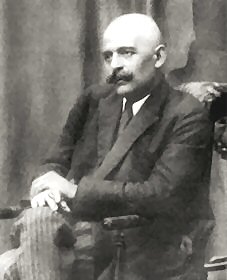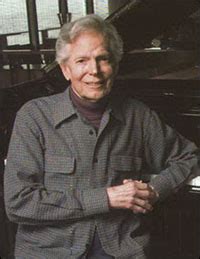A Quote by Khalil Gibran
A truly religious man does not embrace a religion; and he who embraces one has no religion.
Related Quotes
What our view of the effectiveness of religion in history does at once make evident as to its nature is--first, its necessary distinction; second, its necessary supremacy. These characters though external have been so essential to its fruitfulness, as to justify the statement that without them religion is not religion. A merged religion and a negligible or subordinate religion are no religion.
LAUGHTER is the very essence of religion. Seriousness is never religious, cannot be religious. Seriousness is of the ego, part of the very disease. Laughter is egolessness. Yes, there is a difference between when you laugh and when a religious man laughs. The difference is that you laugh always about others - the religious man laughs at himself, or at the whole ridiculousness of man's being. Religion cannot be anything other than a celebration of life.
No religion is absolutely perfect. Yet not only do we fight for religion, but also are we often willing to sacrifice our lives for it. And what we hopelessly fail to do is to live it. A true religion is that which has no caste, no creed, no colour. It is but an all-uniting and all-pervading embrace.
We are here to become great men and women, and with that purpose in view, we must eliminate everything in our religion and philosophy that tends to make the human mind a dependent weakling. If you would serve God and be truly religious, do not kneel before God, but learn to walk with God, and do something tangible every day to increase the happiness of mankind. This is religion that is worth while, and it is such religion alone that can please the Infinite.
Today courts wrongly interpret separation of church and state to mean that religion has no place in the public arena, or that morality derived from religion should not be permitted to shape our laws. Somehow freedom for religious expression has become freedom from religious expression. Secularists want to empty the public square of religion and religious-based morality so they can monopolize the shared space of society with their own views. In the process they have made religious believers into second-class citizens.
A man who is convinced of the truth of his religion is indeed never tolerant. At the least, he is to feel pity for the adherent of another religion but usually it does not stop there. The faithful adherent of a religion will try first of all to convince those that believe in another religion and usually he goes on to hatred if he is not successful. However, hatred then leads to persecution when the might of the majority is behind it.






































